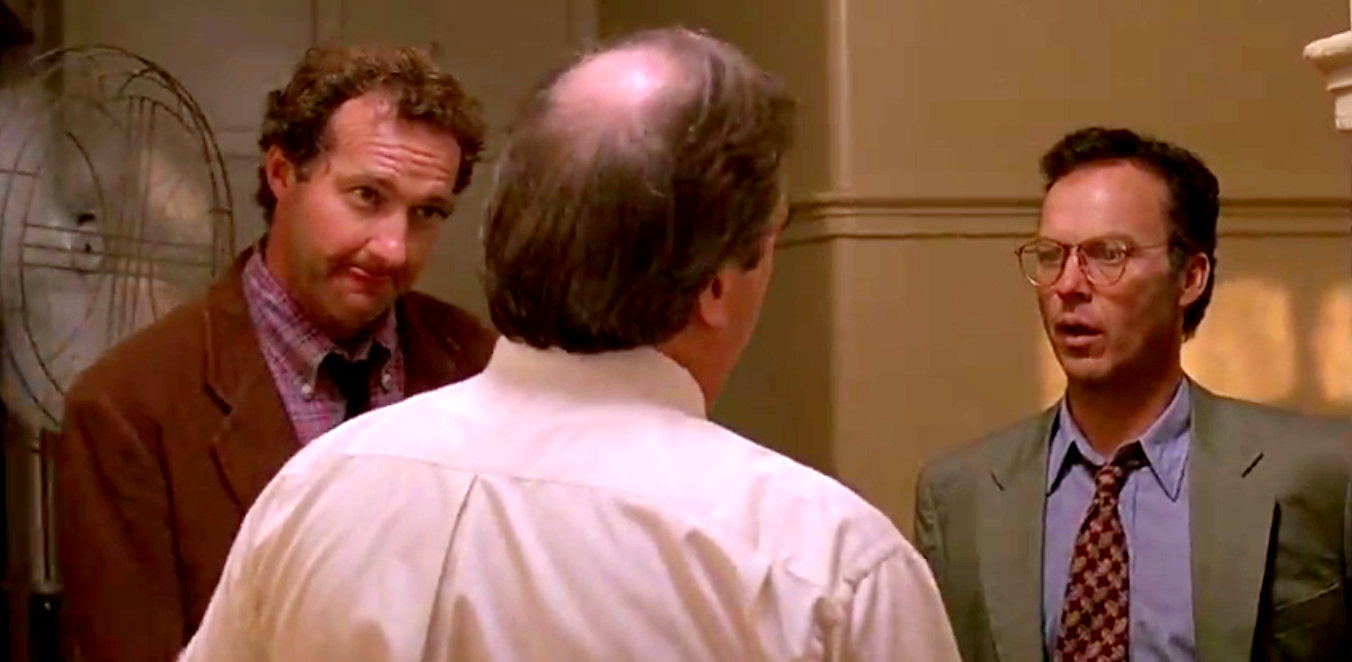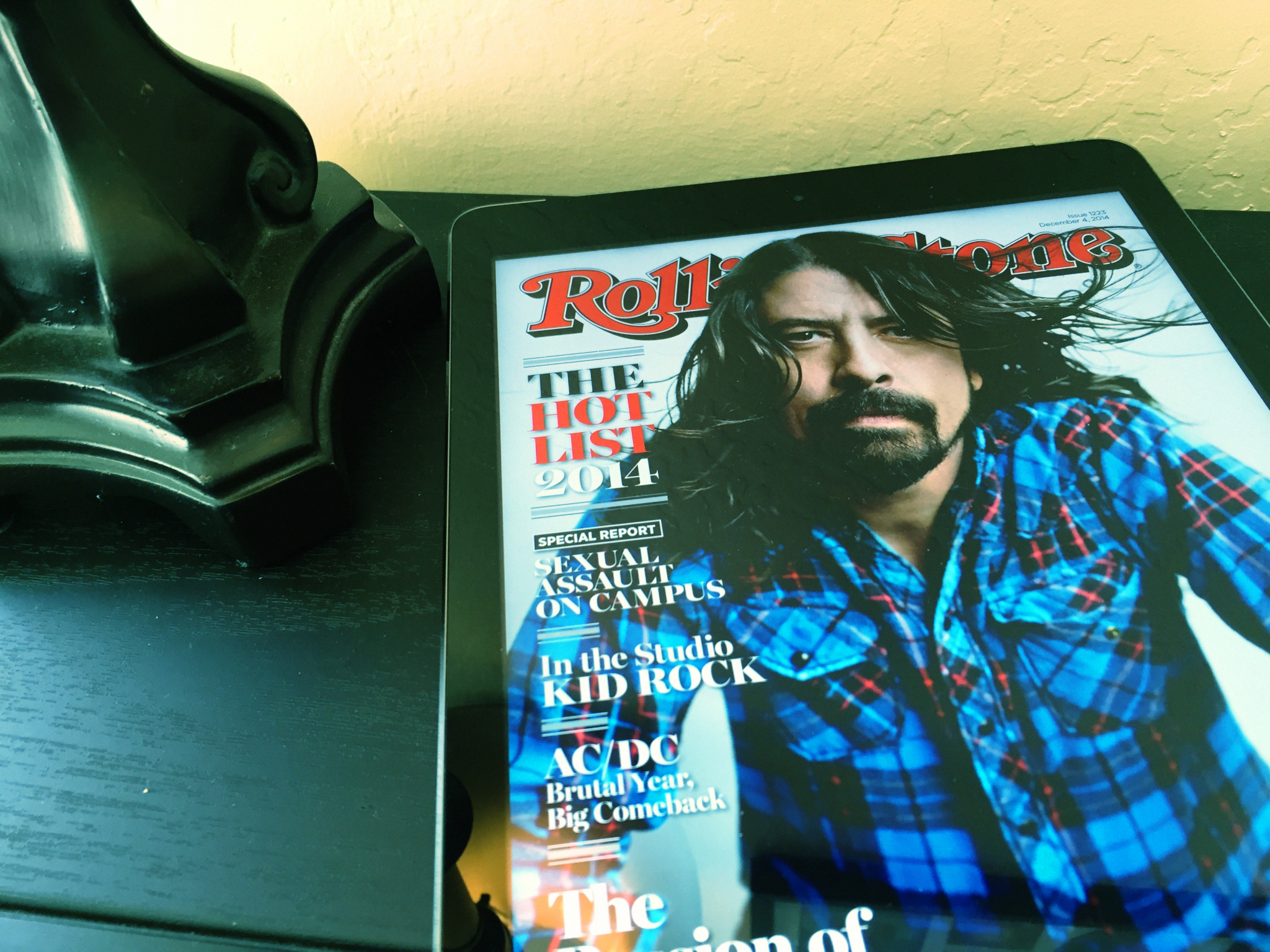Evergreen articles are rarely as good as James Kendrick’s ZDNet analysis “Corporate layoffs: Prepare your BYOD smartphone for the worst“, which reminds what good, longer-form, long-lasting journalism is supposed to be: Informative and useful to readers in the intended audience.
In contrast, the trend among bloggers is to write a question in the headline that someone might ask in search. While the information in the post can be useful, the intended audience is the search engine, not people. Consider this example from Gizmodo today: “Why Do Radio Signals Travel Farther at Night Than in the Day?” The topic marginally fits Gizmodo’s target tech audience, which I presume is likely to know the answer. The story is republished from site Today I Found Out, where there are more reader-useful graphics. James’ story informs and educates, while the Giz post is more like a non-curated Wikipedia entry.











